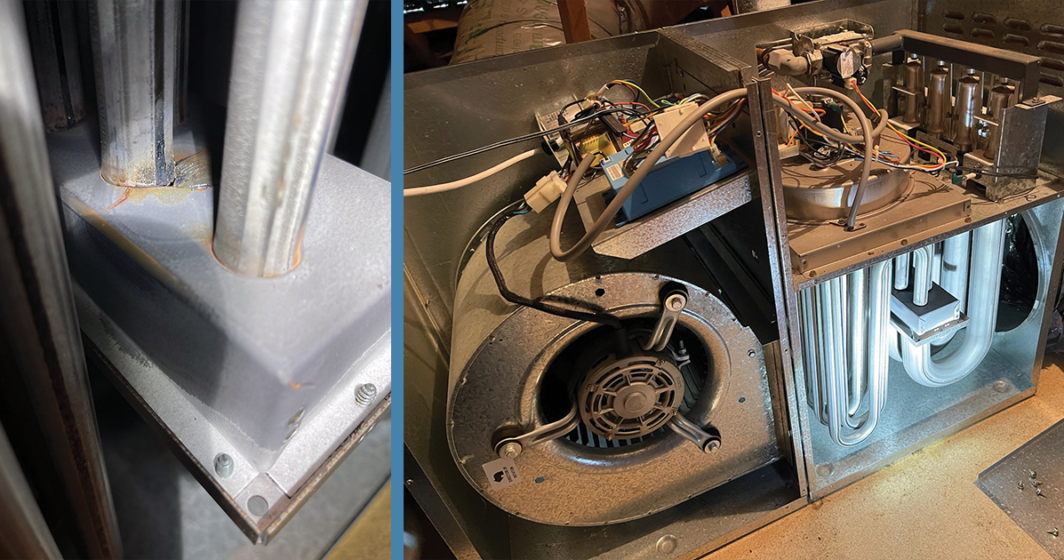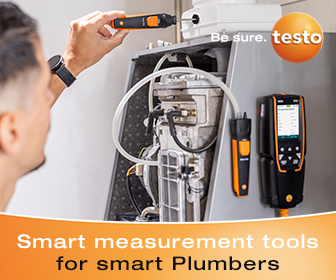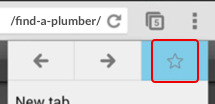In this new Master Plumbers’ Series, our technical advice team share the answers to some of the most asked questions. For our Winter Edition, Aaron Bridger takes on the questions that send chills down the spine of Victorian plumbers and are a risk for consumers.

Residential tenancy gas safety checks are continuing with high call volumes this quarter, some of the more frequently questions are:
The heater has cracks present on the heat exchange, is this a non-compliance?
During service work, you should check the integrity of the heat exchanger. These can sometimes exist as splits in the seam of the heat exchanger or in some cases holes in the body of the exchanger. This is not viewed as a noncompliance however it does pose a question of safety. The size, frequency and age of the unit should be taken into consideration, as should the nature of the crack. Obviously, a check for spillage should be conducted and any appliance that is spilling products of combustion because of a fault with the heat exchanger is unsafe and the consumer needs to make an informed decision as to whether the unit is to be repaired or replaced.
The unit is however unsafe for any further use in its current condition and should be isolated in lieu of other action. If, however, the appliance is not spilling then the consumer should be informed that the existing heat exchanger is impaired and should be monitored more frequently, repaired or replaced in the future, these decisions will be based again on the age and condition of the appliance and the nature of the crack or hole.
What is a definition of a safety-critical, non-compliance?
Recently Energy Safe Victoria (ESV) introduced information on how gasfitters might determine noncompliance as opposed to a safety-related issue. For this purpose, they have introduced a term “safety-critical noncompliance”. See below:
A safety-critical non-compliance issue has the potential for a gas incident. A gas incident means, any incident or event relating to the conveyance, supply or use of gas which causes or has the potential to cause
A the death of or injury to a person
B significant damage to property
C an explosion
If I identify a safety-critical, non-compliance issue, do I isolate the appliance or installation?
If you have identified a “safety critical non-compliance” that cannot be rectified while on site or the owner/rental provider won’t allow you to rectify it, then you have an obligation to make sure the appliance/installation is safe.
Should the owner/rental provider not agree to have the appliance/installation isolation performed you must notify ESV and allow them to have the gas supply removed (Note: You have no right to remove gas supply or isolate an appliance, if the owner or rental provider does not agree to have you perform the work).
Do you have to be qualified in Type A appliance servicing to perform Carbon Monoxide spillage and Negative Pressure testing?
If you hold the main class of gasfitting you are qualified to perform these tests. Furthermore, you should be performing these tests as part of the appliance commissioning, in accordance with Clause 6.11.4 and outlined in Appendix R of the AS/NZS5601.1:2013.
When a property is being demolished or removed, do sanitary drains need to be removed and replaced in PVC if they have previously been relined?
According to AS/NZS3500.2:2021, Clause 3.16.1, the following applies to the use of existing sanitary drains up to the point of connection:
- Mortar-jointed vitrified clay, mortar-jointed concrete, asbestos cement and fibre-reinforced cement pipes shall not be re-used unless they have been renovated using a structural plastics liner in accordance with Clause 3.16.3
- Drains constructed of other materials shall not be re-used unless they have been verified for conformance in accordance with the relevant clauses of the standard and tested in accordance with Section 15 (testing of sanitary plumbing and drainage installations) and found to be satisfactory.
Email your question to [email protected], and we will publish the answer in our upcoming editions.
Share this Article






